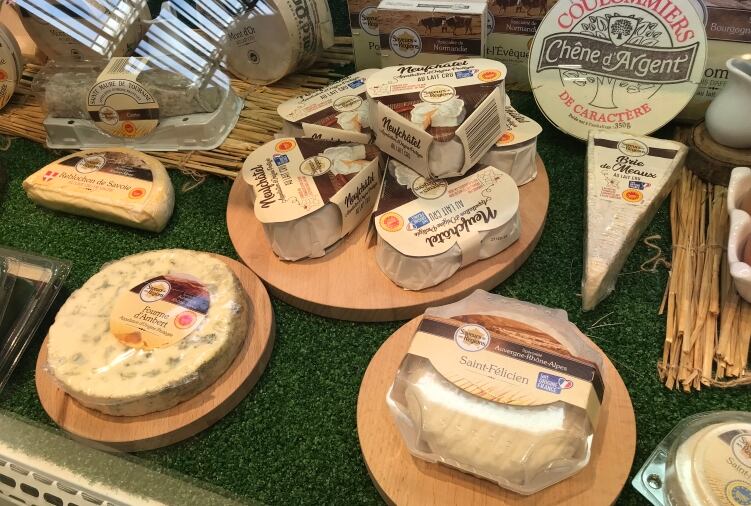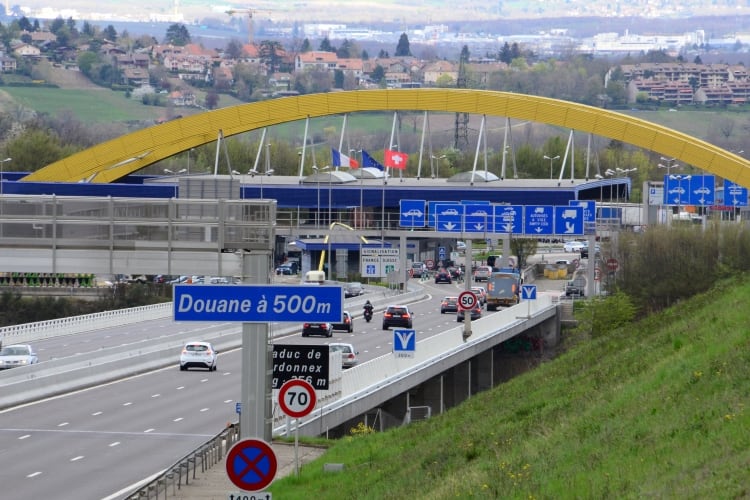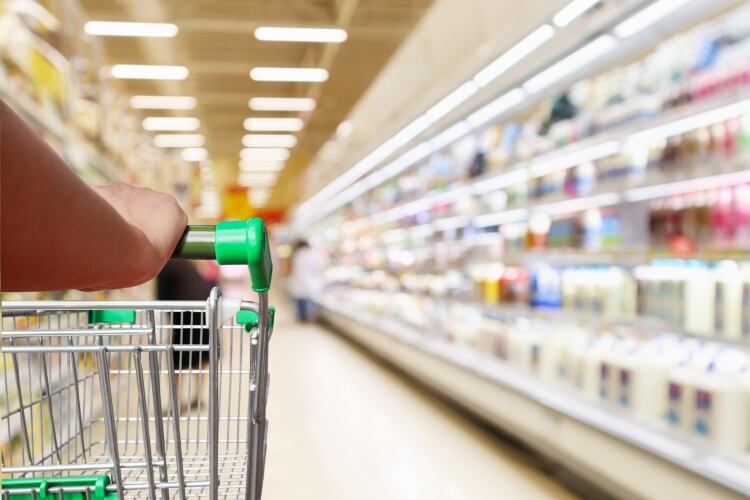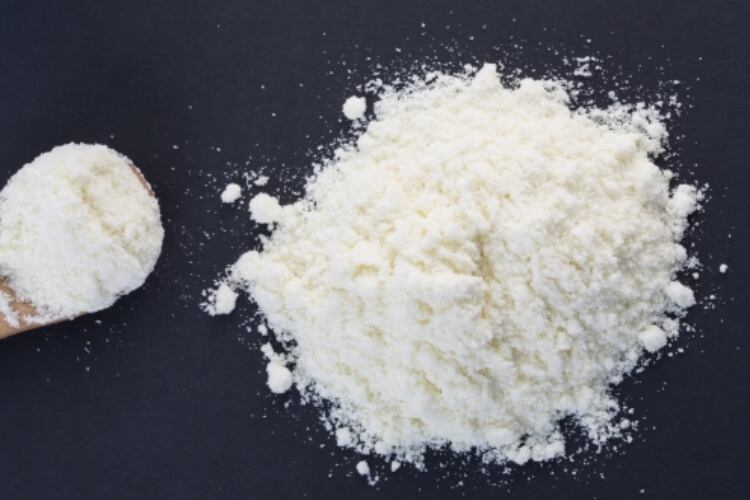The letter says that during the crisis, the European dairy sector is proving its capacity to be a reliable and stable supplier of milk and dairy products, with the EU Single Market and at international level.
Anton notes that the EDA is grateful for the calls of the EU Commission upon Member States to keep the supply lines for essential goods including milk and dairy open. He said the smooth functioning of supply lines (milk collection, supply and material transport, milk and dairy distribution) across the Union and across borders is essential.
The letter confirms that dairy operations are mostly running, including a dairy site in Zagreb, Croatia, which is partially operational in spite of a recent earthquake.
Anton states that “consumer ready milk & dairy products still show a strong demand, with operational supply (packaging, non-dairy ingredients) becoming a limiting factor in this market segment.”
The letter notes that so far, the dairy workforce in Europe is still seeing continued operations, even in areas badly affected by the Covid-19 outbreak, where the active workforce can be reduced by up to 20%. It adds that contingency plans are in place and management personnel have been trained to take over functions in milk processing.
“The ‘shutdown situation’ in now basically all parts of the Union and the increasing raw milk volumes (seasonal peak of milk production) combined with an increasing number of quarantined/non-operational workforce and a restricted supply of operational supply (packaging material et alia for consumer ready products) force EU dairies to shift milk volumes to less labour intensive and less packaging dependent processing facilities (drying towers) and hence reduce the production of consumer-ready goods,” Anton says in the communication.
Anton also says bulk markets are showing a clear downward trend, with significant price cuts on skimmed milk powder (SMP) at international an EU levels. The raw milk price index for European milk (SMP and butter valorization) has also declined, from 37.1 cents/kg to 28.2 cents/kg in the last eight weeks.
The EDA said it has asked the EU to issue a strong statement on requests from third countries for covid-19 certification.
It added that due to reduced container and freight availability, storage of SMP, butter and cheese is the only option, but storage costs are increasing.
The EDA called on the European Commission to continue to insist on frictionless milk collection and milk and dairy distribution across the EU, activate the private storage aid scheme for butter, SMP and all cheeses, and to establish a scheme to allow priority-based access to container and freight capacities for products categorized as essential, like milk and dairy products.
It also asks for the setting up of a milk producer emergency scheme for the disposal of milk in case milk cannot be collected due to a lack of collection or processing capacities, and the set up of an urgency scheme for dairy processors for alternate uses of milk (for instance bulk produce instead of consumer goods) in case of continued milk collection but a closing down of processing capacities.




